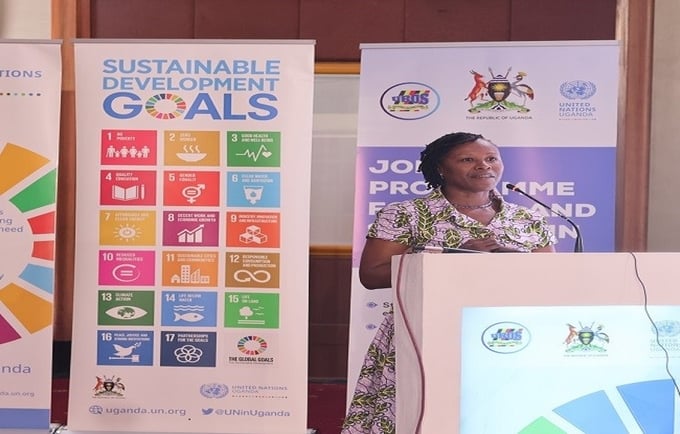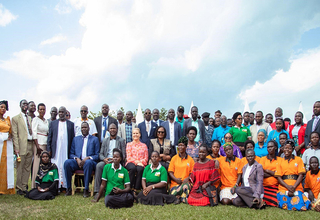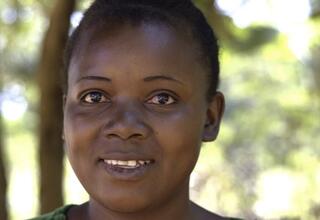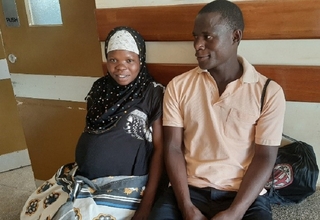On 7th March 2024, UNFPA Uganda joined the government of Uganda, partners and stakeholders at the dissemination of the main report and associated products of the 7th Uganda Demographic Health survey (2022). The survey was carried out by the Uganda Bureau of Statistics (UBOS) with support from UNFPA, UNICEF and WHO.
Speaking on behalf of the United Nations in Uganda, UN Resident Coordinator Ms. Susan Ngongi Namondo thanked all the development partners who collaborated with the Bureau, including the UN agencies who continue to provide technical and financial support to ensure the report is released.
“Globally, demographic health surveys are recognized as important source of data and statistics for national planning process. I am glad that over the years, Uganda’s capacity to design and manage these surveys has become increasingly stronger,” she said, adding it is hoped, the findings of the survey will be utilized by all development actors to inform policy and programming to accelerate progress on the Sustainable Development Goals.
Ms. Namondo said although the 7th Uganda Demographic and Health Survey report shows many areas where progress on demographic and health indicators have improved significantly, among others, improvements in access to maternal health care and the steady declines in maternal and childhood mortality, it is important to highlight that teenage pregnancy remained stagnated at 25 percent for two decades.
“I believe we need to take a closer look at evidence-based approaches to sexuality education- from the continent and globally – if we are to see meaningful reduction in Ugandan girls becoming mothers at 14, 15, 16,” Ms. Namondo said.
She also highlighted the significant gender gaps across many dimension – including in education, experience of sexual violence, nutrition, and HIV – and highlights the need to scale up investment in gender transformative approaches.
“These include addressing harmful gender and cultural norms, creation of demand for health and family planning services, and other efforts to harness Uganda’s Demographic Dividend,” Ms. Namondo said.




